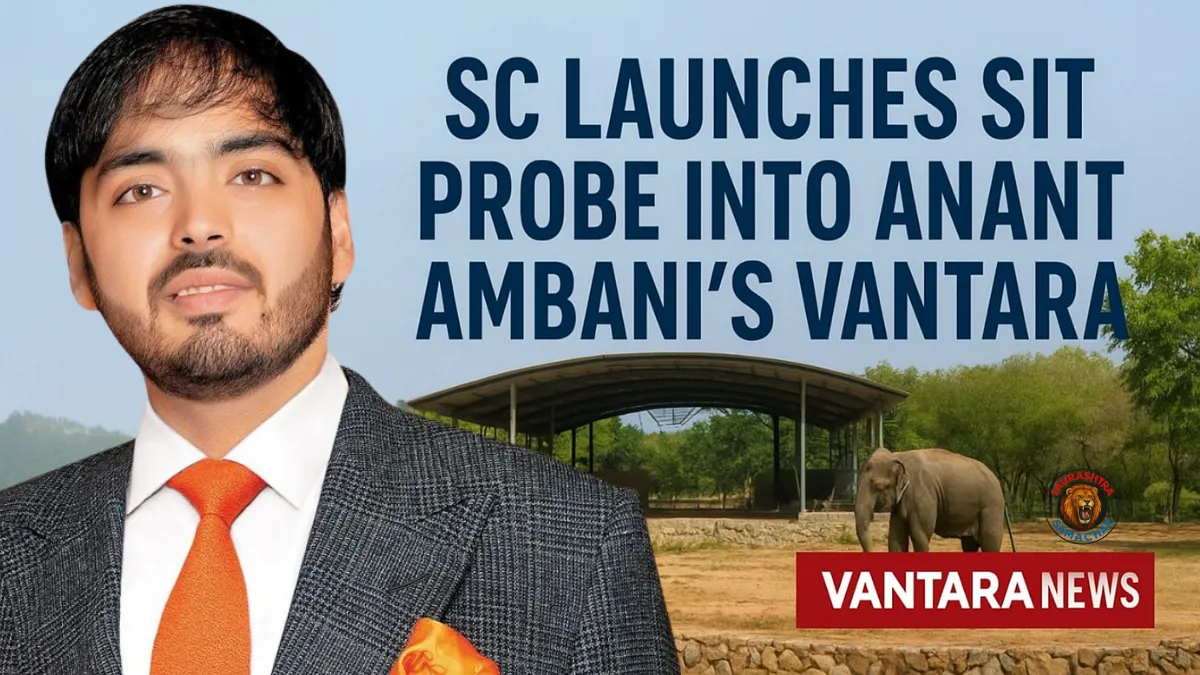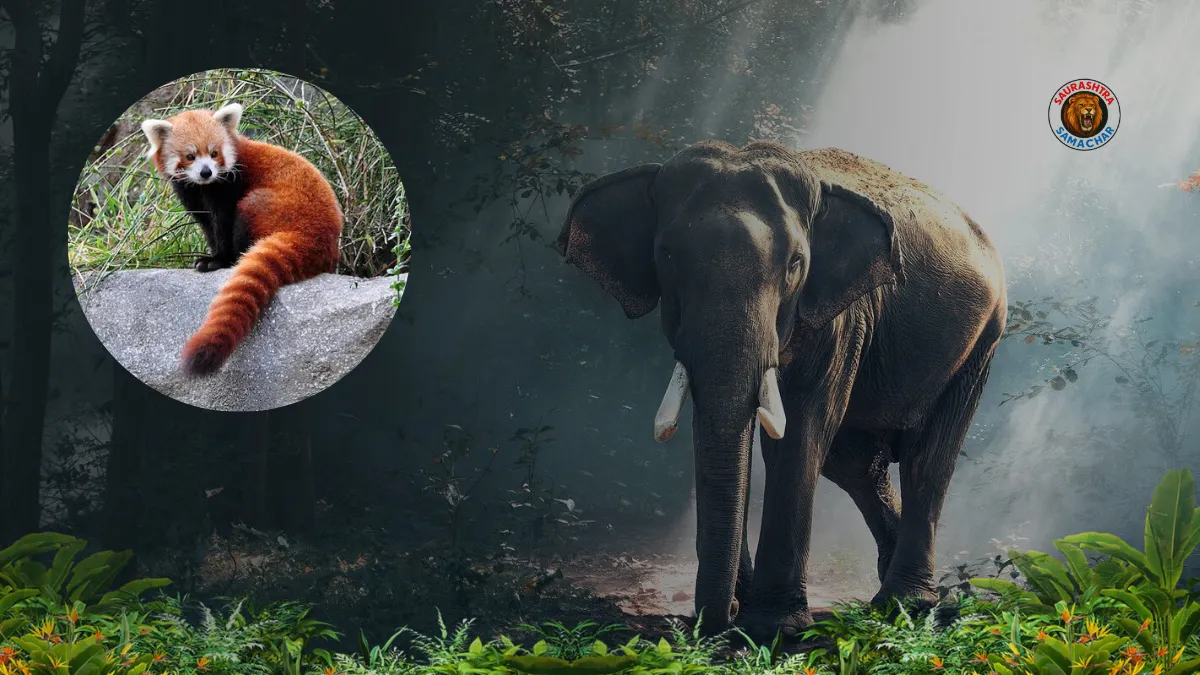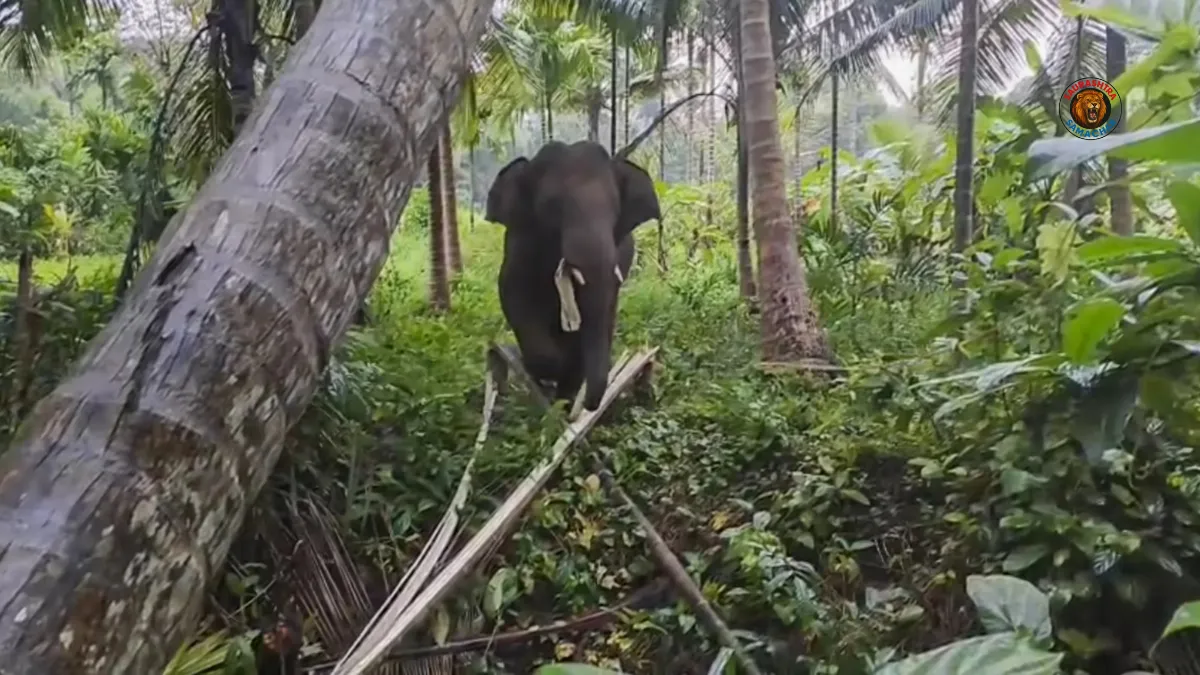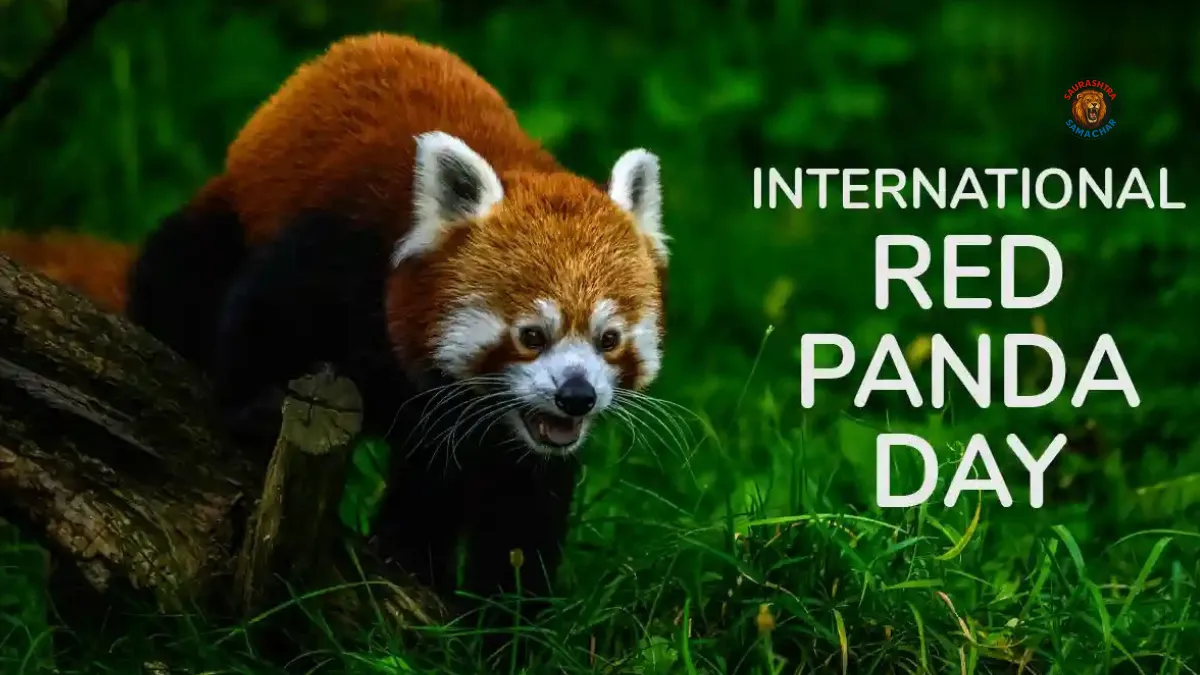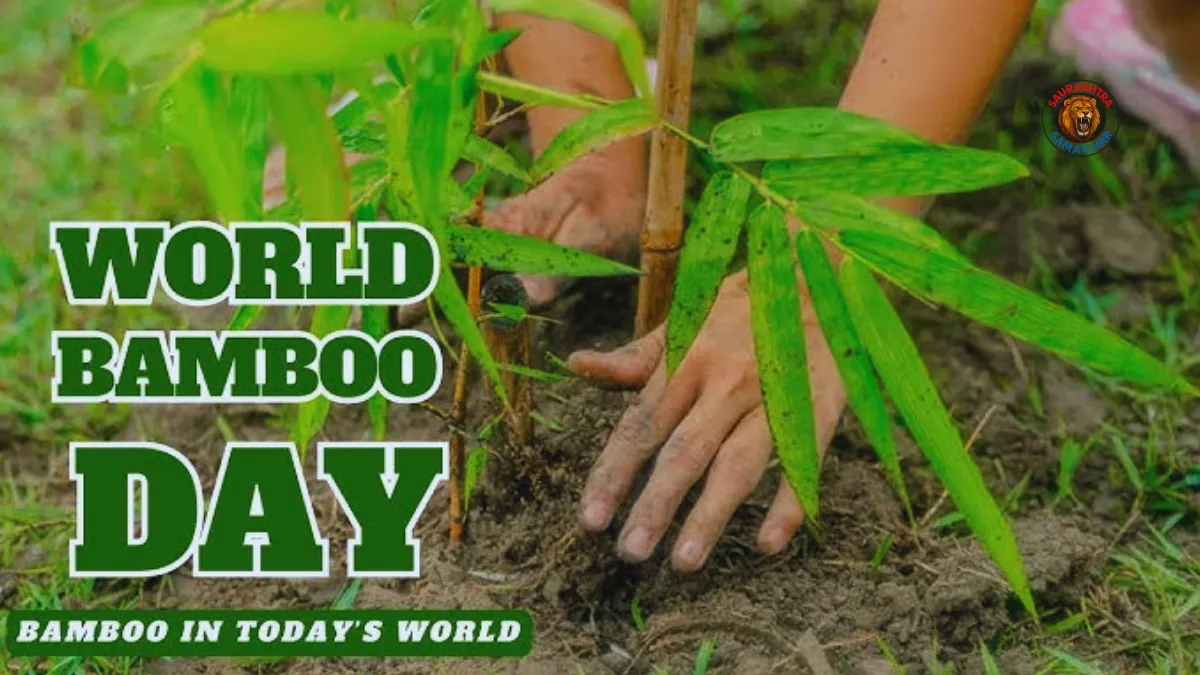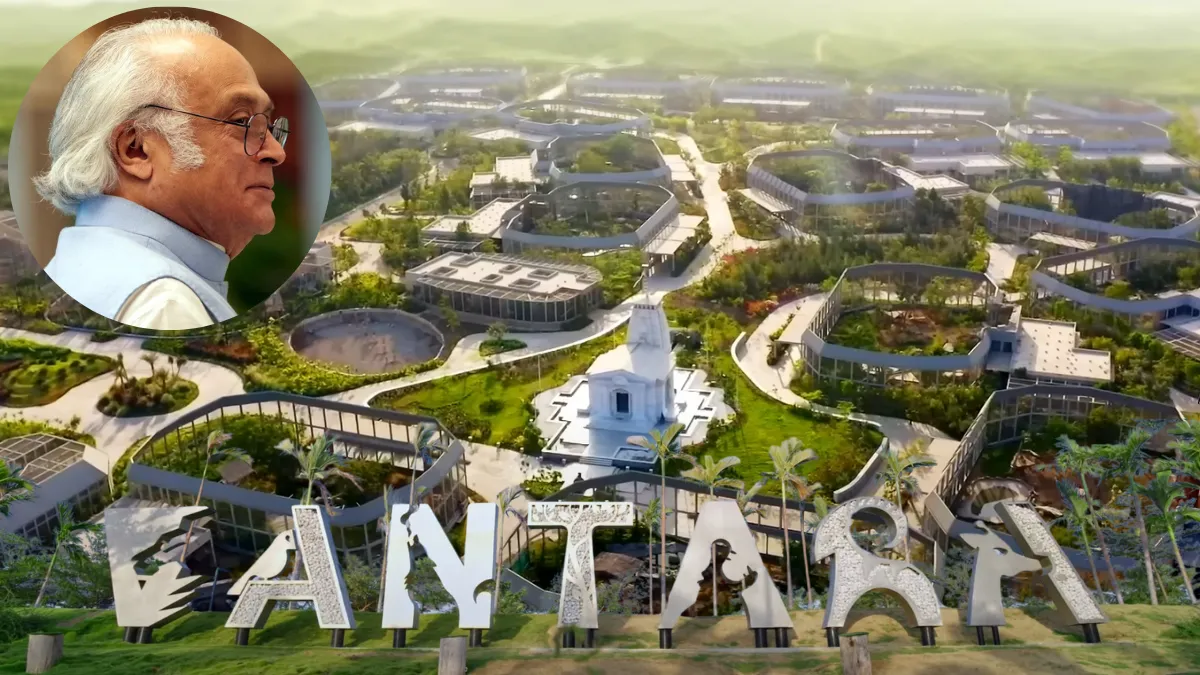Vantara news is dominating headlines as the Supreme Court of India has launched a Special Investigation Team (SIT) probe into the Jamnagar-based wildlife sanctuary owned and managed by Anant Ambani, the youngest son of billionaire Mukesh Ambani. The probe follows multiple allegations raised through Public Interest Litigations (PILs) regarding the operations and practices of the facility, which was launched under the Reliance Foundation banner with the promise of conservation and animal welfare.
The development has created a storm of discussions in legal, environmental, and industrial circles. Supporters of Vantara argue that it represents one of the largest and most ambitious conservation projects in India, while critics highlight potential irregularities that need urgent examination.
Background of the Vantara Facility
Located in Jamnagar, Gujarat, Vantara was envisioned by Anant Ambani as a state-of-the-art wildlife rehabilitation and conservation facility. Spread across thousands of acres, the sanctuary houses elephants, lions, leopards, tigers, and various other species rescued from circuses, temples, and illegal captivity.
The Reliance Foundation officially manages the project, and it has often been portrayed as a personal passion project of Anant Ambani, who is known for his strong interest in animal care and environmental conservation.
However, despite its noble intentions, the facility has come under the legal scanner after animal rights organisations, NGOs, and concerned citizens raised doubts about its functioning.
Why the SIT Probe Was Ordered
The Vantara news controversy began in July when the transfer of a female elephant from a Kolhapur temple to Vantara sparked heated debates. Soon after, two PILs were filed in the Supreme Court, raising a series of complaints against the facility.
These petitions cited newspaper articles, social media posts, NGO reports, and individual complaints to back their claims. The allegations against Vantara are wide-ranging and include:
- Poor weather and environmental conditions for exotic animals
- Doubts over breeding and conservation programmes
- Use and possible misuse of biodiversity resources
- Irregularities in water usage and carbon credits
- Violation of Indian environmental and wildlife protection laws
- Suspicions of illicit animal trade and trafficking
- Proximity of the sanctuary to industrial zones in Jamnagar
Such serious allegations prompted the Supreme Court to form a Special Investigation Team (SIT) on August 28 to conduct a fact-finding probe.
What the Supreme Court Stated
The apex court has clarified that the SIT’s role is strictly fact-finding. It is not an expression of the court’s opinion on the allegations nor a suggestion that Vantara or any statutory body has already been found guilty.
The bench, comprising Justice Pankaj Mittal and Justice PB Varale, stressed that the SIT report will serve as the foundation upon which the court will later decide on appropriate directions.
The Supreme Court also observed that the petitions were largely dependent on media reports, social media discussions, and NGO complaints. Still, given the seriousness of the issues, an independent probe was deemed necessary.
Composition of the SIT
The credibility of the SIT is strengthened by the diverse backgrounds of its members. The team is headed by Justice J. Chelameswar, a former Supreme Court judge. Other members include:
- Justice Raghavendra Chauhan, Chief Justice of Uttarakhand and Telangana High Court
- Hemant Nagrale, former Mumbai Police Commissioner
- Anish Gupta, Additional Commissioner of Customs
This combination of judicial, law enforcement, and regulatory expertise is expected to provide a comprehensive assessment of the allegations against Vantara.
Allegations Under Scrutiny
The SIT will probe specific issues, such as:
- Compliance with Wildlife Protection Act, 1972 – Whether Vantara has adhered to India’s key wildlife law.
- International Trade Violations – Whether the facility has respected the Convention on International Trade in Endangered Species (CITES) and import-export laws.
- Illegal Animal Trade – Examining reports of elephants and other animals being purchased or transferred without proper documentation.
- Animal Welfare Concerns – Looking into accusations of animal abuse, mismanagement in captivity, and unsuitable habitats.
- Financial Irregularities – Scrutiny over alleged money laundering and misuse of conservation funds.
The SIT has been given a deadline to submit its findings by September 12, after which the Supreme Court will deliberate on the future course of action.
Response from Vantara and Reliance Foundation
While the Supreme Court has not directly questioned Vantara’s management, the controversy has cast a shadow over the initiative. Reliance Foundation has consistently portrayed Vantara as a humanitarian project aimed at animal rescue, rehabilitation, and conservation.
Supporters argue that the sanctuary has saved thousands of animals from cruelty, while providing advanced veterinary facilities, expansive habitats, and scientific breeding programmes. They maintain that the allegations are based more on perception and misinformation than on ground realities.
As of now, Vantara has not issued a detailed public statement regarding the SIT probe, but insiders suggest that the organisation is fully cooperating with the investigation.
Wider Implications of the Case
The outcome of this case carries significant implications:
- For Wildlife Conservation in India: If Vantara is cleared, it could become a benchmark for private participation in wildlife rescue and conservation. If not, it could trigger stricter rules for private facilities.
- For Reliance and the Ambani Family: Mukesh Ambani and his son Anant have invested significant financial and personal resources into Vantara. The probe, therefore, poses a reputational risk at a global level.
- For Legal Precedent: This case will define how much weight courts give to PILs that rely on media reports and NGO complaints in matters of environmental protection.
Also read: Vantara Jamnagar Booking Online 2025: Ticket Price, Vacancy, Contact & Facilities
Key Details at a Glance
| Particulars | Details |
|---|---|
| Facility Name | Vantara (Jamnagar, Gujarat) |
| Owner | Anant Ambani, under Reliance Foundation |
| Trigger of Probe | Transfer of female elephant from Kolhapur temple (July) |
| Allegations | Wildlife Act violations, illegal trade, misuse of resources, trafficking |
| SIT Formation Date | August 28, 2025 |
| SIT Head | Justice J. Chelameswar |
| Other SIT Members | Justice Raghavendra Chauhan, Hemant Nagrale, Anish Gupta |
| Report Submission Deadline | September 12, 2025 |
| Supreme Court Bench | Justice Pankaj Mittal, Justice PB Varale |
Also read: Vantara Ticket Price 2025: Updated Entry Fees, Booking & Family Packages
Conclusion
The Vantara news story highlights the sensitive balance between conservation, law, and corporate involvement in wildlife protection. While Vantara was launched with a vision of saving and nurturing endangered species, the allegations brought forward cannot be ignored.
The SIT probe ordered by the Supreme Court represents a crucial step in separating facts from speculation. By September 12, the court will have a clearer picture of whether Vantara truly stands as a symbol of compassion and conservation or whether lapses in compliance have marred its operations.
For now, all eyes remain on Jamnagar, where India’s richest family faces one of its most unusual challenges — not in the world of business, but in the court of law and public opinion.
